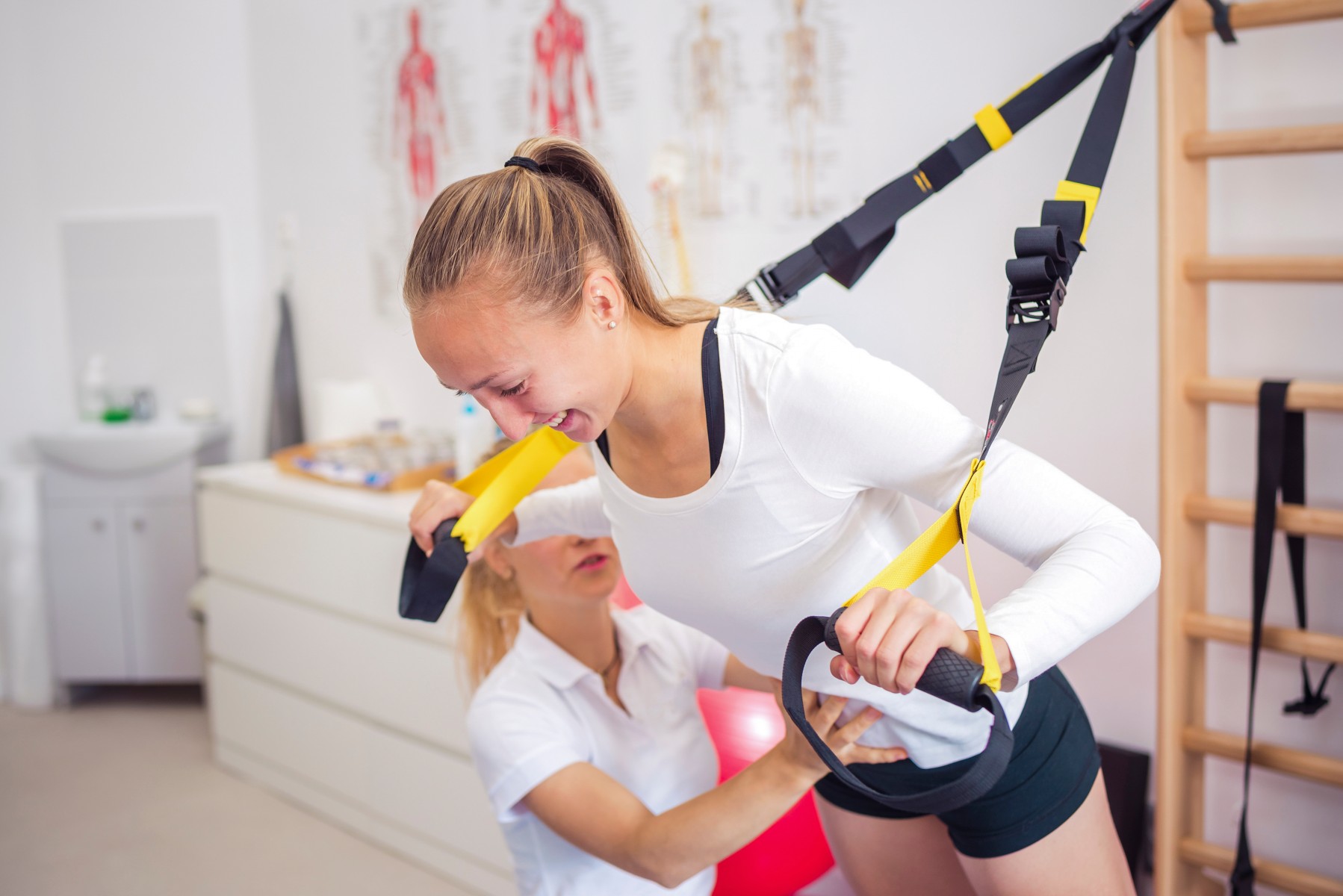Kids Get Arthritis, Too
July is Juvenile Arthritis Month

It’s not uncommon for a child to have an occasional swollen ankle, high fever or just a rundown feeling. But put these symptoms together and it may be signs of juvenile idiopathic arthritis (JIA), formerly known as juvenile rheumatoid arthritis.
According to the Arthritis National Research Foundation, about 300,000 children have arthritis; JIA affects more than 50,000 children in the country. It is the most common type of arthritis in children 16 and under and usually causes joint pain and inflammation in the hands, knees, ankles elbows and wrists.
“Unfortunately, there is no cure for juvenile idiopathic arthritis," said Dr. Nuha Shair, pediatrician, OSF HealthCare. "It is an autoimmune condition and it’s a chronic disease. However, with early aggressive treatment the disease can be put into remission. There are ways to control the progression and the symptoms of the disease so that you can go into remission.”
According to the Arthritis Foundation, it’s not known what causes JIA in children. Researchers believe that children with JIA have certain genes that are activated by a virus, bacteria or other external factors. Some of the symptoms include fatigue, morning joint stiffness, blurry vision and appetite loss.
“One of the most common symptoms for juvenile idiopathic arthritis is joint pain, redness or swelling," said Dr. Nuha Shair, pediatrician, OSF HealthCare. "You have children that the parents are concerned about the way they walk, they’re not moving their joints the way they should be. Some kids have spiking fevers once or twice a day around the same time, some kids can present with different rashes, some kids have what look like psoriatic lesions on their skin, and some kids will come in with weight loss, decreased energy.”
Once diagnosed, the family is typically referred to a pediatric rheumatologist, a doctor who specializes in treatment and diagnosis of autoimmune and auto inflammatory diseases. A treatment plan includes medication, complementary therapies and lifestyle changes, including a diet consisting of fruits, vegetables and grains and less processed foods, sugars and foods rich in fat that can worsen inflammation. Exercises such as swimming, biking and deep stretching are also encouraged. In rare cases, surgery may be necessary.
“Management depends on the severity and the type of the juvenile idiopathic arthritis," said Dr. Nuha Shair, pediatrician, OSF HealthCare. "There are different types and the types are broken down based on symptoms and physical findings. So based on the type of disease that you have, that plays a big factor into management.”
While there is no cure, Dr. Shair says that being proactive and having the right attitude are keys to living with JIA.
“If you suspect your child is showing any signs of joint pain, joint swelling, joint stiffness or anything like that, get it checked out," said Dr. Nuha Shair, pediatrician, OSF HealthCare. "JIA is something that if caught early, if treated early, can have a very good prognosis. Staying positive is very important, staying active, eating healthy, are important takeaway messages.”
For more information, visit the Pediatric Rheumatology Clinic at OSF HealthCare Children’s Hospital of Illinois.

